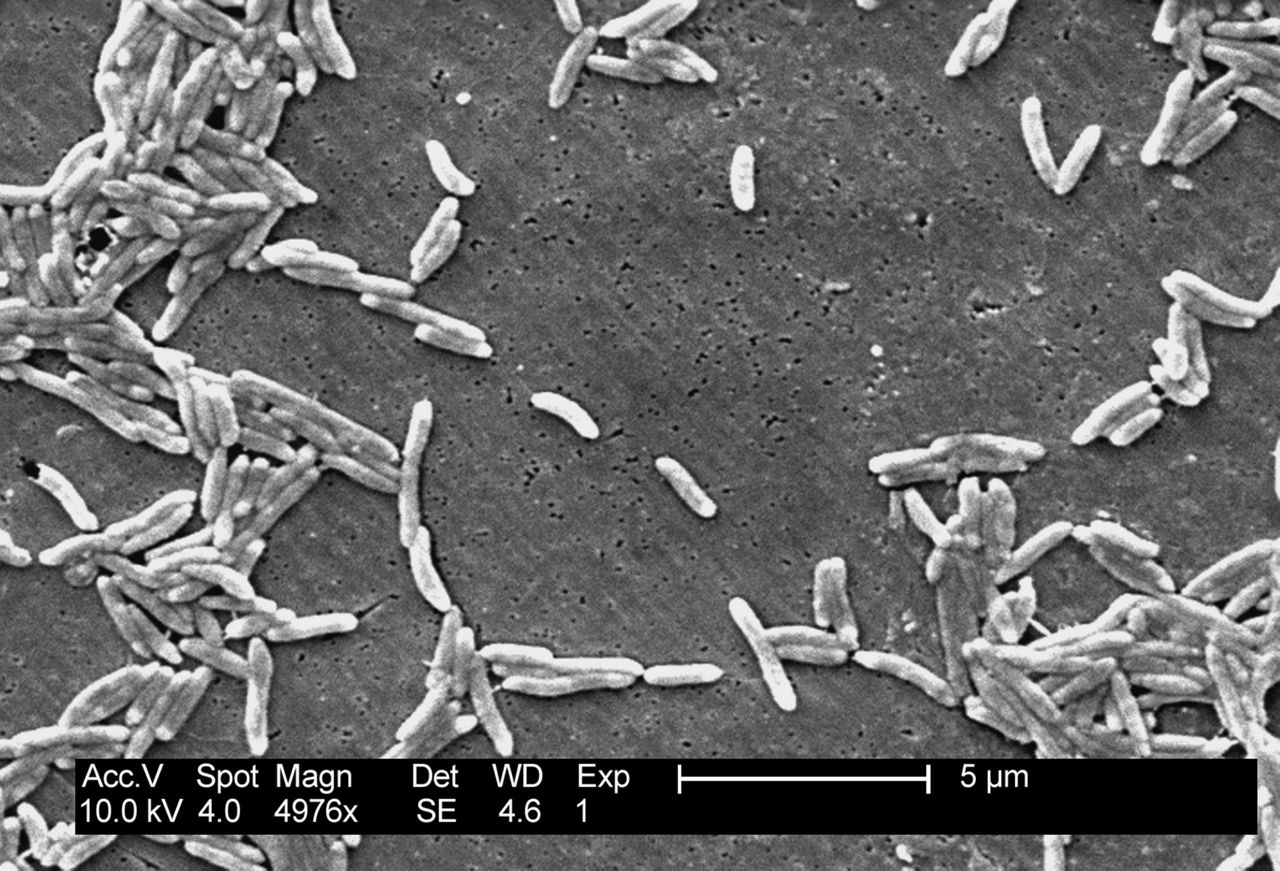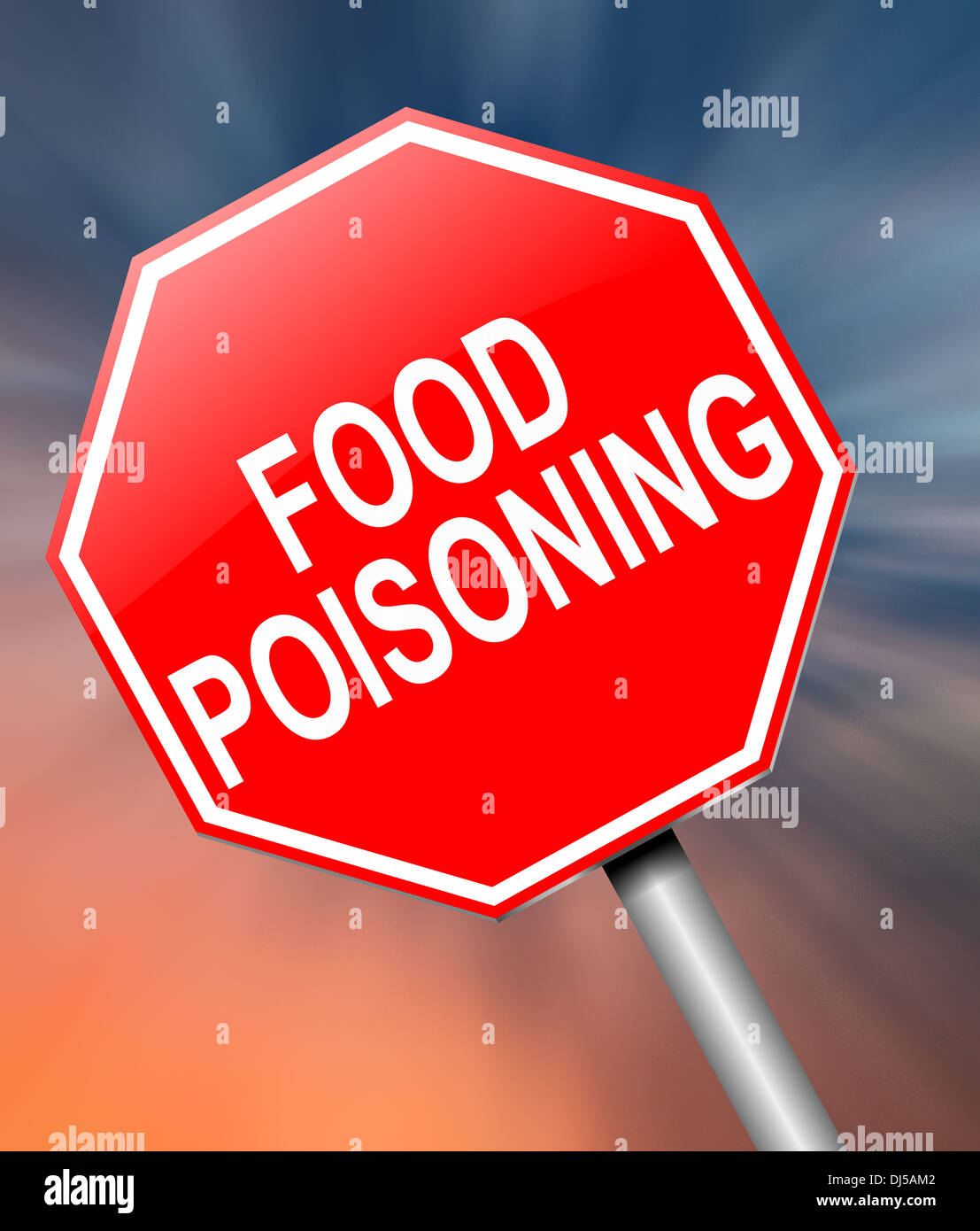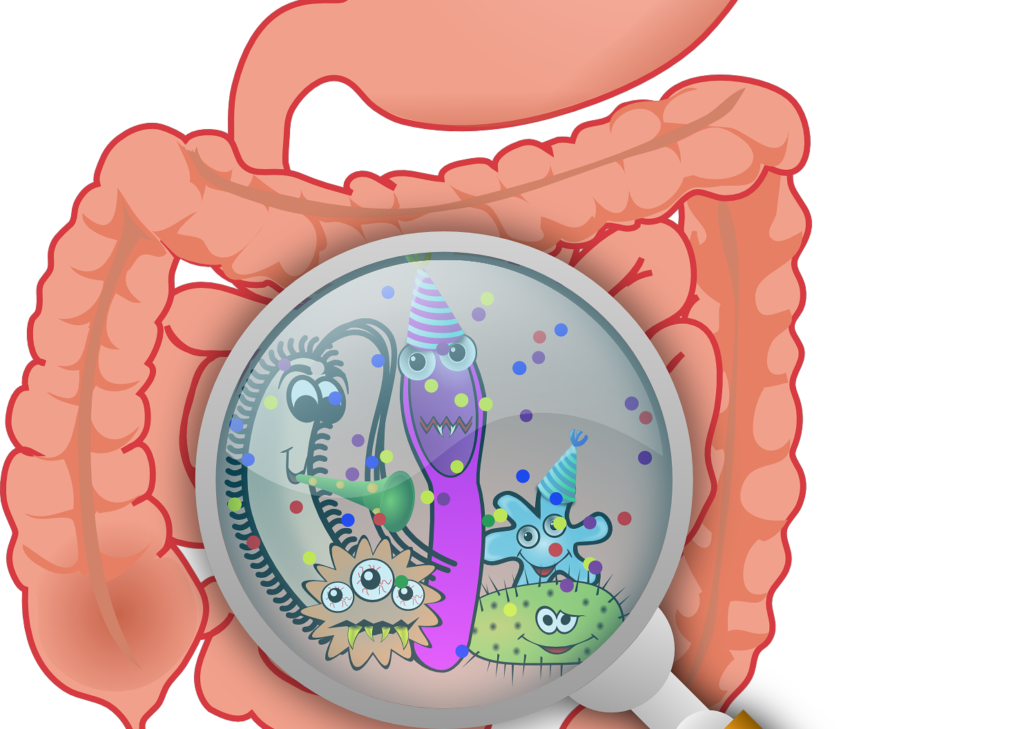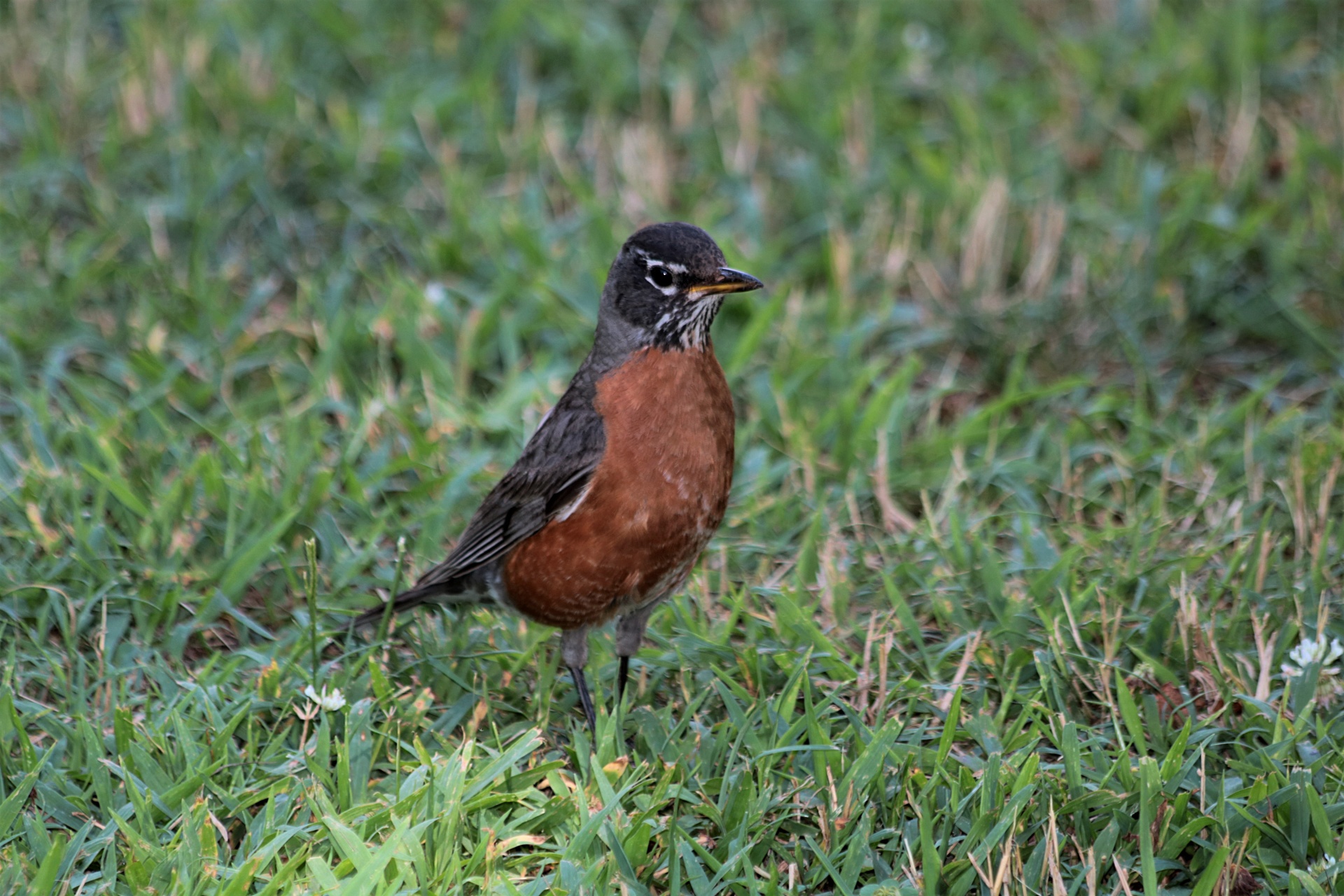
Food poisoning remains persistent problem, US report finds
Food poisoning, also called foodborne illness, is an infection or irritation of your digestive tract that spreads through food or drinks. Viruses, bacteria, and parasites cause most food poisoning. Harmful chemicals may also cause food poisoning. Food poisoning is most often acute, meaning it happens suddenly and lasts a short time.

Food poisoning. Harmful/ junk food concept Stock Photo Alamy
Food poisoning is caused by bacteria, parasites, and viruses found in food. Symptoms may look like stomach flu (gastroenteritis). Treatment focuses on replacing fluids and easing nausea and vomiting. In severe cases, you may need to be hospitalized. To prevent food poisoning, wash your hands often.

Food Poisoning
Treatment. Treatment for food poisoning depends on how severe your symptoms are and what caused the illness. In most cases, drug treatment isn't necessary. Treatment may include the following: Fluid replacement. Fluids and electrolytes, maintain the balance of fluids in your body.

Food poisoning concept Stock Photo Alamy
Lettuce and Other Leafy Greens. Sprouts. Raw Flour. Some foods are more likely than others to contain germs that can make you sick. These foods include: Raw and undercooked foods from animals, including meat, chicken and other poultry, eggs, raw (unpasteurized) milk and products made from it, and seafood. Raw vegetables, grains, and fruits or.

Food Poisoning by Federica Fragapane and Francesco Majno infoviz
Foodborne Illness Outbreaks. When two or more people get the same illness from the same contaminated food or drink, the event is called a foodborne illness outbreak. Note: Not all recalls, alerts, and advisories result in an outbreak of foodborne illness. Check recent Food Recalls and Safety Alerts.

Acute Food Poisoning, Food Poisoning, Acute Infection, Gastroenteritis
diarrhea or bloody diarrhea. vomiting. pain in your abdomen. fever. headache. Symptoms range from mild to severe and may last from a few hours to several days. Less commonly, some types of food poisoning—such as botulism and fish and shellfish poisoning —can affect your nervous system. Symptoms may include.

FileRobin eating a worm in spring.jpg Wikipedia
Overview. Food poisoning, a type of foodborne illness, is a sickness people get from something they ate or drank. The causes are germs or other harmful things in the food or beverage. Symptoms of food poisoning often include upset stomach, diarrhea and vomiting. Symptoms usually start within hours or several days of eating the food.

Westminster Red Robin E. coli Outbreak Food Poisoning Lawyer
Wash hands, utensils, and kitchen surfaces often when you cook. 2. Separate. Keep fresh produce separate from raw meat, chicken, turkey, seafood, and eggs. Use separate cutting boards and plates. 3. Cook. Cook food to a safe internal temperature to kill germs. Use a food thermometer to check.
Foodpoisoning expert reveals 6 foods he refuses to eat
Most foodborne illnesses will pass within about two days. Replenish your fluids. Eat if you can. And for goodness' sake stay away from medium-rare chicken. The severity of symptoms and how long.

Beware Vector Art PNG, Beware Of Poisoning Pictures, Beware Of
Symptoms of potentially life threatening food poisoning include: diarrhea that lasts for more than 3 days. a fever higher than 102°F (38.9°C) difficulty seeing or speaking. symptoms of severe.

Can Customers Sue For Food Poisoning? Tamara Like Camera
Maps, Driving Directions and Local Restaurant Information for Red Robin

Red Robin A red robin at the "Giardini Botanici Hanbury" (… Flickr
Report Food Poisoning. You can get sick with food poisoning after swallowing certain germs, like Salmonella or E. coli. Your symptoms may vary, depending on the germ you swallowed. Symptoms can range from mild to serious and can last for a few hours or several days. The most common symptoms of food poisoning are: Diarrhea. Stomach pain or cramps.

What to eat when you have food poisoning? Tips care healthy
5 Symptoms of Severe Food Poisoning. Symptoms of food poisoning often include diarrhea, vomiting, upset stomach, or nausea. Call your healthcare provider if you have severe symptoms such as: Diarrhea and a fever higher than 102°F. Diarrhea for more than three days that is not improving. Bloody diarrhea.

American Robin In Grass Free Stock Photo Public Domain Pictures
A Red Robin in Denver CO was recently the site of an E. coli outbreak in July 2019. Food poisoning symptoms from Red Robin normally include vomiting & diarrhea and the most reported diagnosis is norovirus. Norovirus can easily be spread by contaminated food, surfaces, or people. Last updated: February 25, 2024.

Tips to help with food poisoning — Hope Clinic
Summary. Abdominal pain and cramps can indicate inflammation in your stomach and intestines. Cramping may also occur as your body tries to eliminate harmful organisms. 2. Diarrhea. Diarrhea is.

Buy Photinia Red Robin shrubs and hedging Delivery by Charellagardens
Wash hands and dishes frequently in hot, soapy water. Wash raw vegetables or fruits. Handle raw food — especially meat — in a sanitary way. Refrigerate or freeze perishables that need to be.